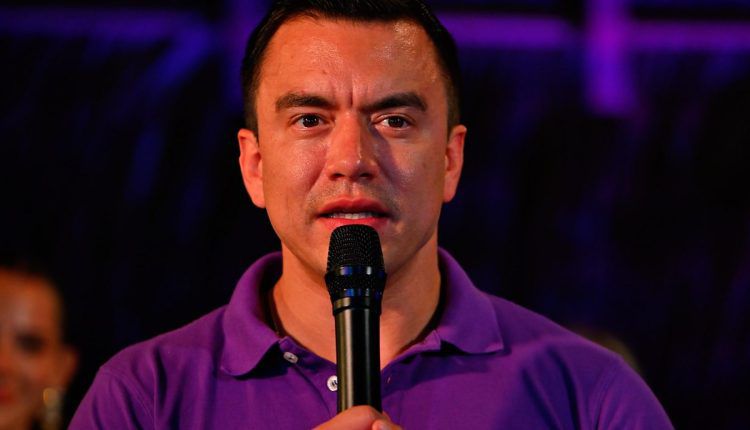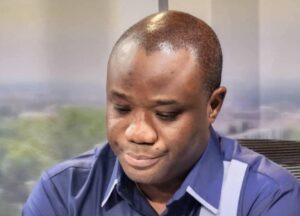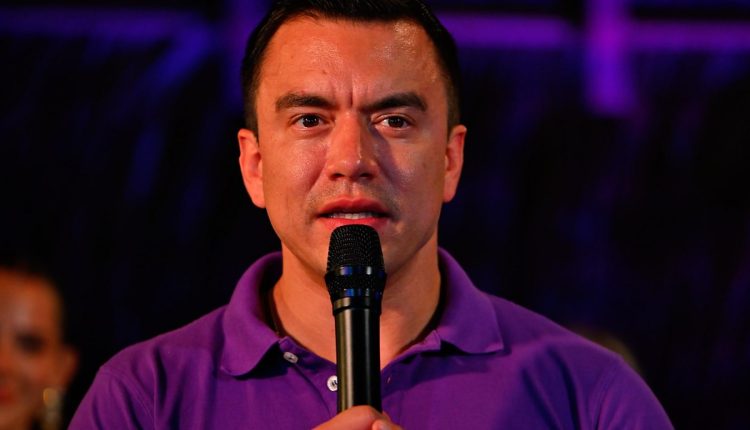
According to figures from Ecuador’s national electoral council, this is a decisive win for Noboa – with about 56% of the vote – after polls before the election suggested it was neck and neck.
“A victory of more than ten points and over 1 million votes, leaving no doubt as to who the winner is,” he said after the result was announced.
“This has been achieved through the perseverance, the struggle, and the hard work of every member of this team,” he added.
Noboa’s win means he has a mandate to continue his self-described “war” on criminal drug gangs, which has included militarising Ecuador’s streets and prisons, and constructing new maximum-security prisons.
He recently told the BBC he wanted foreign armies from places such as the US and Europe to join his fight against gangs in the country.
He is hoping to change the constitution to allow foreign military bases in the country again, which were banned under the presidency of Rafael Correa – the mentor of González.
Homicides have fallen slightly during Noboa’s tenure but violence remains very high. This January, more than 780 people were murdered in the country, making it one of Ecuador’s bloodiest months on record.
Polls before the election suggested that security was the top concern for voters.
Noboa’s challenge now is to prove to the country that his plan is working if he wants to avoid unrest and discontent.
This means there will be pressure on him to show that violent crime is going down, as well as unemployment.
Noboa’s ratings fell last year, in particular after widespread drought caused extreme power cuts across the country.
He has proposed investing more money in renewable energy to diversify the country’s energy supply, the majority of which currently comes from hydropower.
He has also signalled a desire to boost relations with the US and President Donald Trump. In February, he announced 27% tariffs on Mexican imports and also repealed his presidential decree that had granted amnesty to undocumented Venezuelan migrants in the country.
His campaign was notable for its focus on young people – he is 37 – with a strong emphasis on job creation and slick social media videos. He also pledged to invest in infrastructure in the country and tackle corruption.
After her defeat, González accused the electoral authorities of trampling on democracy, and demanded a recount. She would need to provide evidence of her claims for this to happen.




